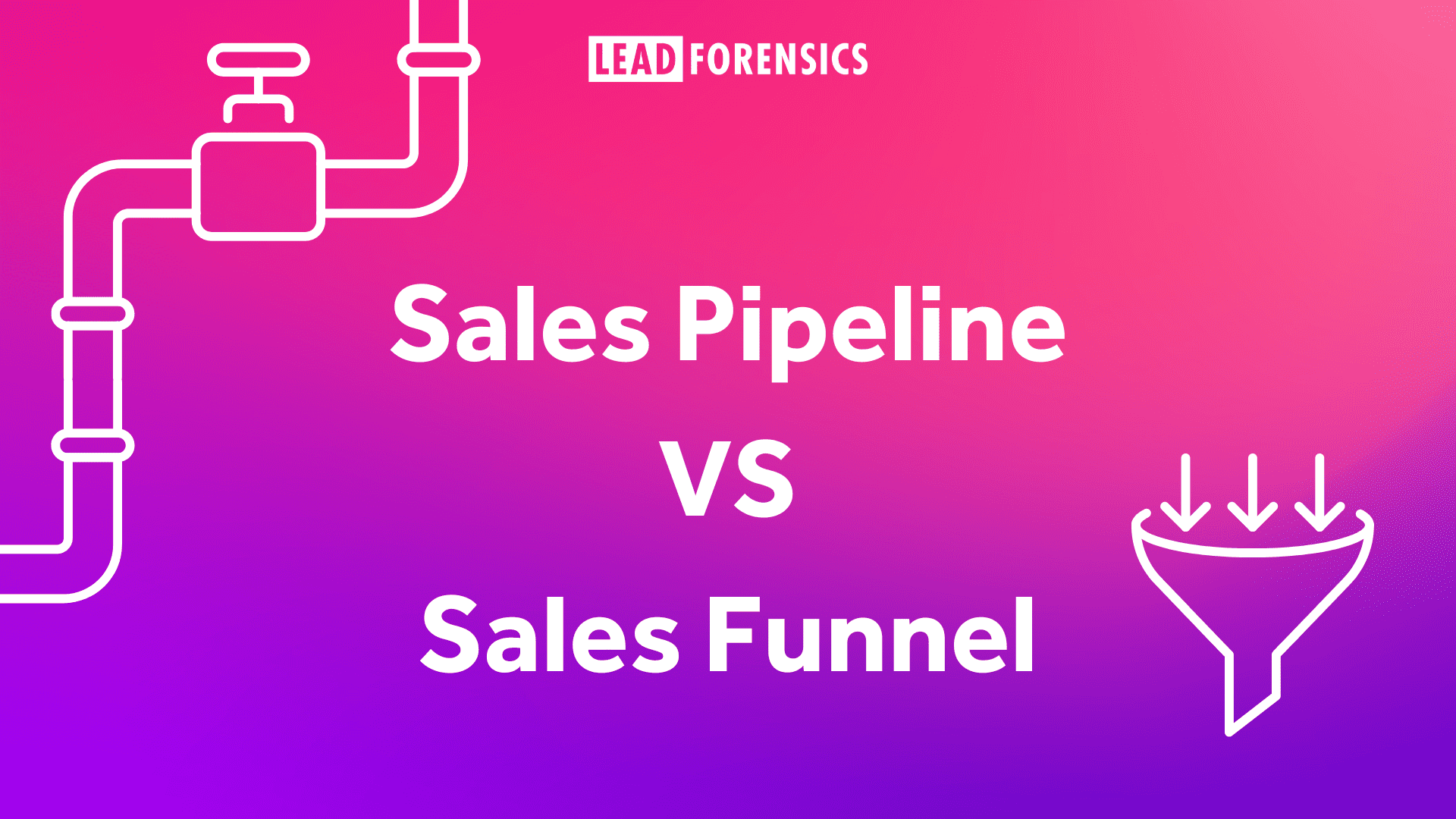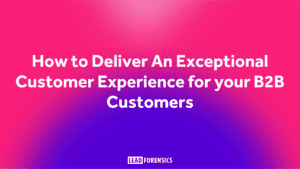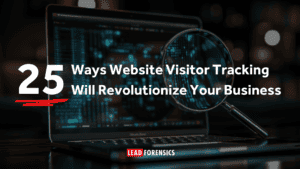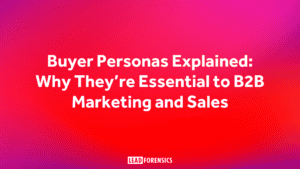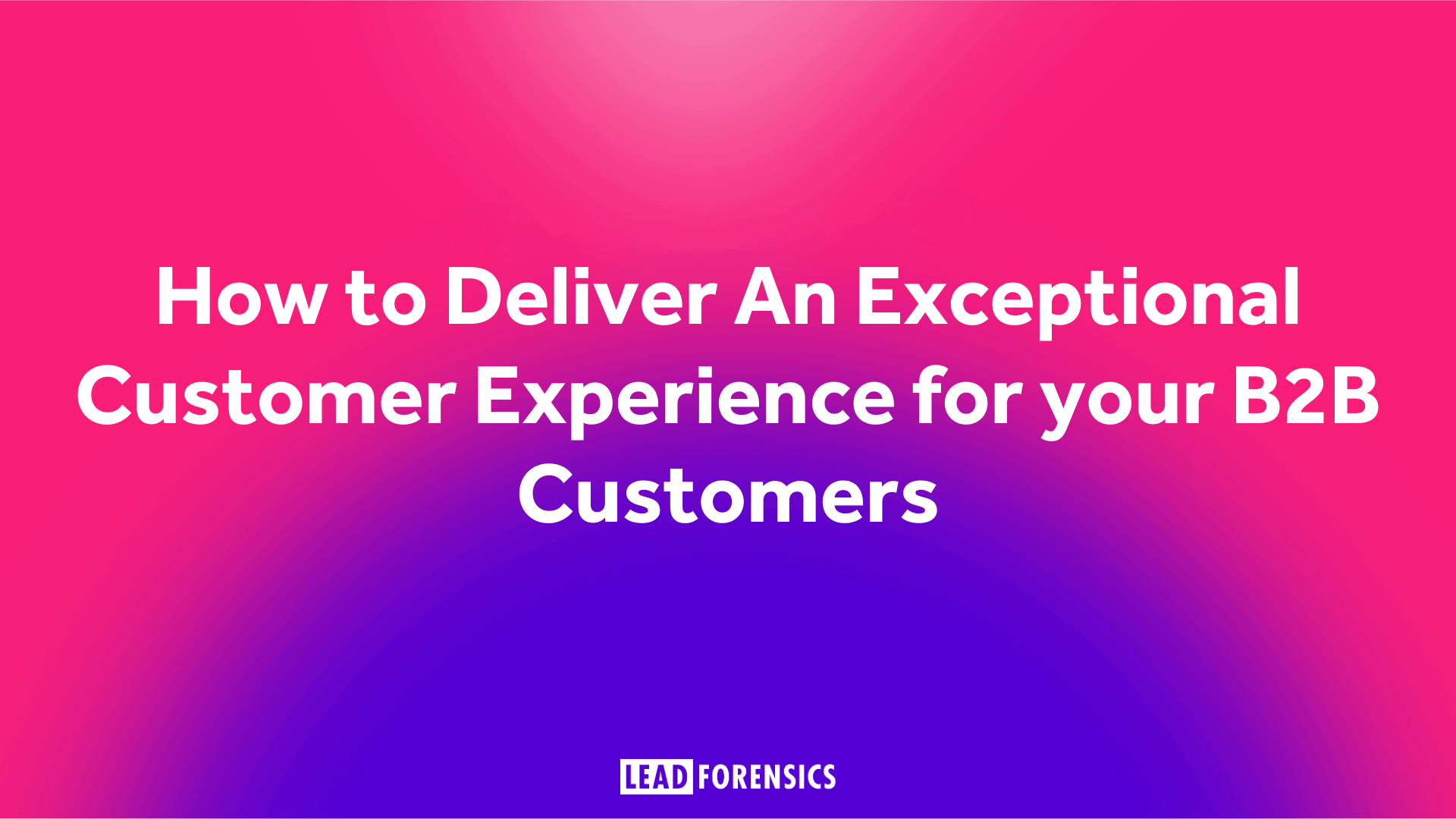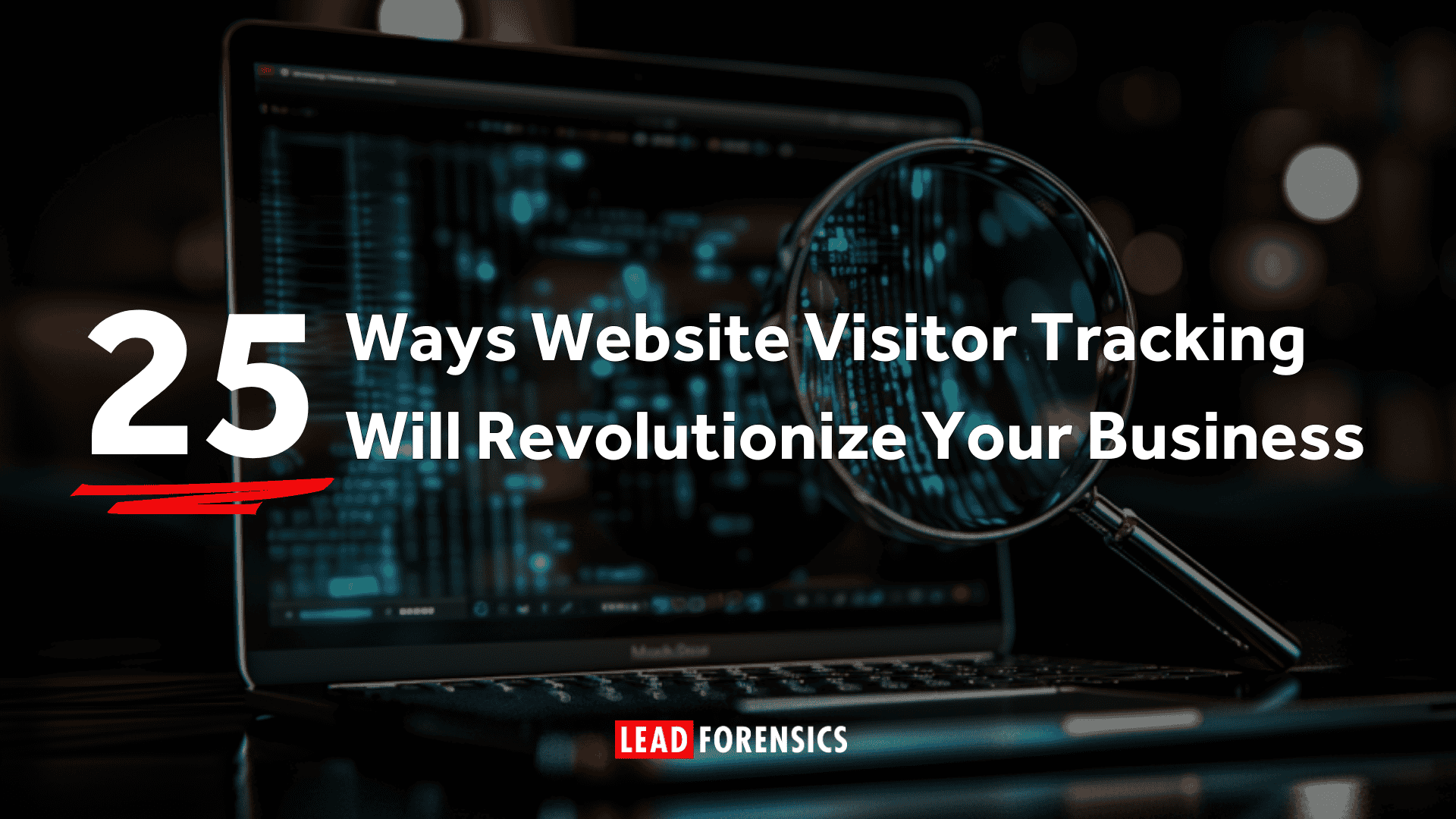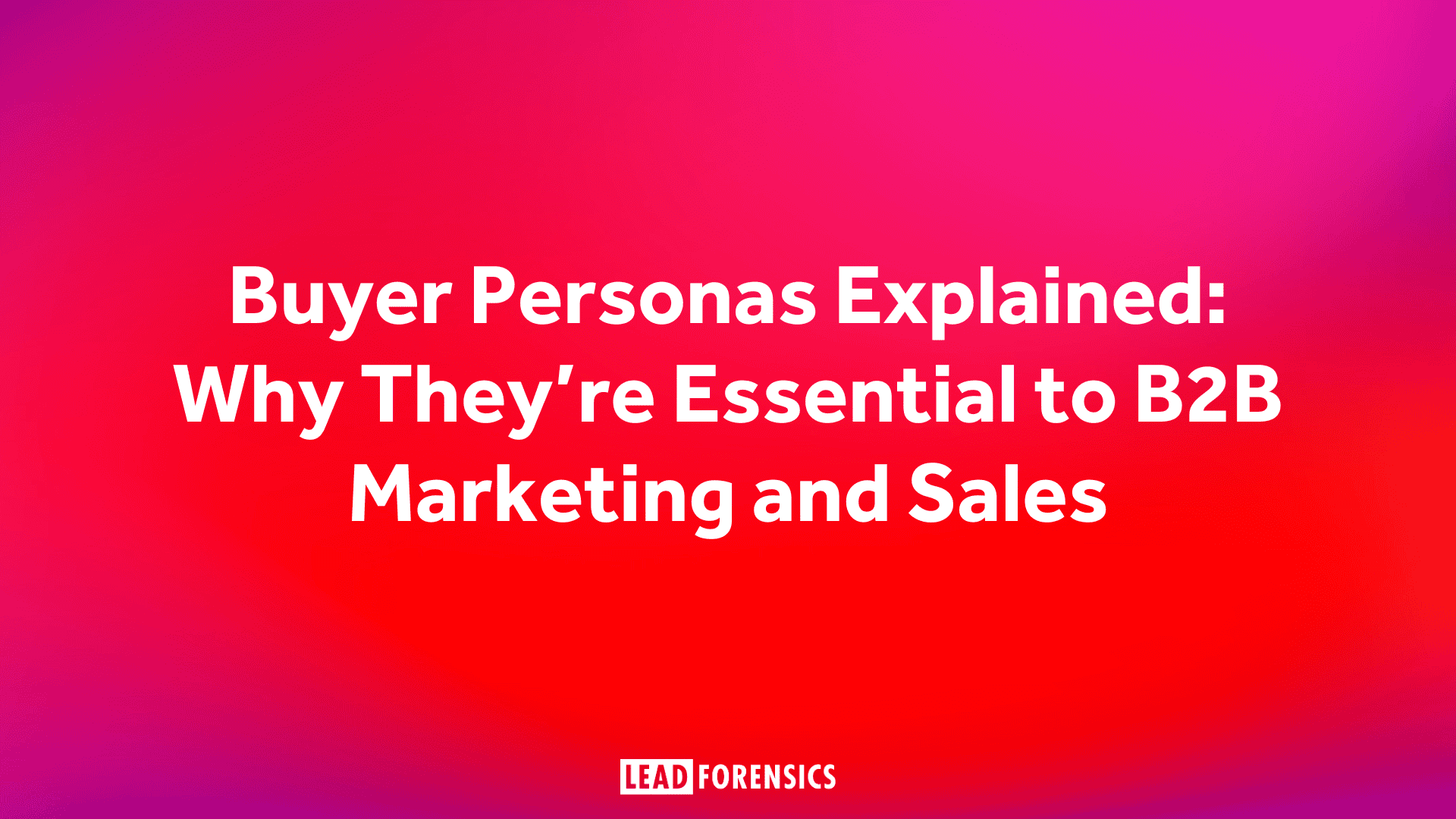It’s often taken for granted that we all know and understand these B2B sales terms, as these pieces of vocabulary become used so often they are undoubtedly commonplace. But sometimes we need to be brave and confess that we aren’t sure what these terms truly mean.
You aren’t alone – in reality, many of these commonplace terms have become so confused, very few truly understand them. Sales pipeline and sales funnel, for example, are believed by many to be one and the same, but this belief is far from the truth.
As two fundamental sales strategy approaches, it’s important to understand that these terms pertain to two different processes. Should you start to confuse them, you may miscommunicate important messages to your team and other departments.
Discover the true difference between sales pipeline and sales funnel, learning what they can do for your departmental success.
What is a sales pipeline?
Your sales pipeline outlines the specific sequence of stages your sales team needs to take in order to turn prospects into customers. Once a stage of your sales pipeline has been completed, potential buyers move onto the next.
A sales pipeline report will show your team how many leads are currently at each stage of their buyer journey. This insight aims to better understand the current status of each opportunity and question whether the distribution of these opportunities between pipeline stages is enough to produce a continually lucrative result.
The stages featured in a sales pipeline differ between organizations as every process is individual, yet some stages such as “qualification”, “proposal” and “negotiation” are quite common for many B2B sales cycles.
Should you offer a free demonstration or trial period, these buyer journey pillars will no doubt be reflected in your pipeline stages. The sales pipeline is purely focused on these process landmarks, and how many opportunities are working through each stage at any given time.
Why focus on your sales pipeline?
Using pipeline understanding to drive your B2B sales can be vastly beneficial. This process helps your team understand sales timescale, asking how long it takes the average lead to move through each stage, and why.
This could help your team streamline sales processes to ensure leads work through your pipeline seamlessly and easily, increasing their likelihood of becoming clients.
There may be pipeline stages your team focuses on that are not essential or fully relevant to the buyer’s journey; by identifying and eliminating these stages you can revolutionize your sales strategy.
Regular analysis of your sales pipeline reports additionally helps your team understand pipeline weaknesses, pinpointing ineffective processes to make impactful improvements.
Identifying specific stages that cause leads to stagnate or completely remove themselves from the pipeline is highly efficient. The quicker you can understand what isn’t working, the sooner you can implement changes that bring about the desired success.
You could even investigate the pipelines of individual sales team members, to understand where their strengths and weaknesses lie, ensuring they’re trained and nurtured to provide an elite sales process at every stage.
What is a sales funnel?
Like a pipeline, the sales funnel is split into stages, however, the focus of this model is entirely different. Your sales funnel is a visual representation of your conversion rate between each essential sales stage.
Its wide top and narrow bottom depicts the difference in numbers – no doubt you’ll generate plenty of leads, but they won’t all become qualified, and they certainly won’t all become clients.
As the buyer journey continues the number of potential buyers moving on the next stage diminishes with each step, and the sales funnel clearly displays this progression.
Similarly to pipeline, the stages potential buyers move through are entirely bespoke to your business processes, though many will contain those popular, common stages mentioned above.
Whilst a sales pipeline focuses on ensuring clarity surrounding current lead status and streamlining processes, your sales funnel is focused on the numbers.
A sales department well in tune with their funnel will possess advanced conversion understanding, knowing what percentage of leads will become clients, and what percentage of leads are instantly ill-fitting, and therefore unqualified.
Why focus on your sales funnel?
Without effective sales funnel understanding, your marketing team remains unaware of what they need to deliver in order to meet the desired business targets that promote organization growth.
They say knowledge is power, and the numerical insight gained from your sales funnel offers you just that. This data is especially useful when looking to lead sources.
Whether your B2B marketing team generates new business opportunities, or you outsource them from a lead generation company, understanding the precise number of leads needed to achieve the desired sales volume is paramount. These numbers set your departmental targets;
Much like the sales pipeline, your funnel offers the insight required to identify weaknesses in your sales process, but from the perspective of conversions as opposed to stagnations.
If leads are successfully qualified, but you encounter a low conversion rate between face to face meetings and sales closed, there’s something about that meeting that doesn’t compel the desired action.
Should you make a choice?
With this understanding in mind, it’s ultimately important to ask whether your B2B sales strategy would benefit from focussing on just one of these processes or embracing them in tandem.
There’s no right answer here – many businesses have chosen one, the other, or both and been highly successful; the only way you can answer this question is by understanding what your sales process needs.
If you have a particularly long and intricate sales process for a high-value product, understanding pipeline movements and lead progression are very important – especially when recruiting new sales team members.
Focusing on your pipeline will help them quickly grasp your sales approach and easily track valuable opportunities that may take longer than usual to progress.
However, if your organization focuses on e-commerce or faster business sales with a shorter cycle, then the sales funnel would better benefit your team. The intense focus on conversion rate can help them work quickly to identify and eradicate hindrances, whilst offering a benchmark of understanding for each essential stage.
If your team knows they have to achieve a qualified lead conversion of 65% or more, they instantly have a target they can understand and a goal to reach.
For true business success, we would always recommend engaging regularly with both your sales funnel and your sales pipeline. Whilst you won’t need to track both these processes in constant detail, they can each offer exciting windows into how your techniques can evolve for improved future strategies.
Instead of making a choice, ask how often you’ll measure your funnel and pipeline successes, what analysis you’ll hope to gain from each one and how you’ll use findings to shape strategic developments.
With a finely outlined process of pipeline and funnel engagement in place, you’re fuelling your B2B sales team with everything they need to achieve the ultimate success.
How Lead Forensics can revolutionize your B2B sales
Our industry-leading software solution identifies the businesses visiting your website, providing contact details for key decision makers and a full breakdown of the time they spent on your website.
This data enables instant lead follow up for heightened conversion success, and continued lead tracking for improved sales efficiency. Find out more – book your free demo today!


